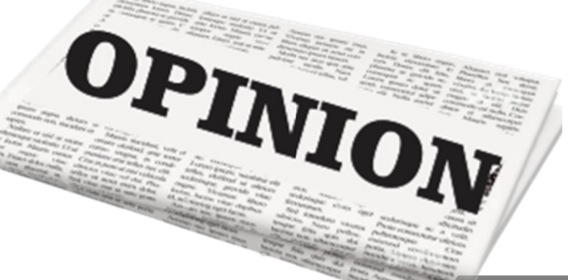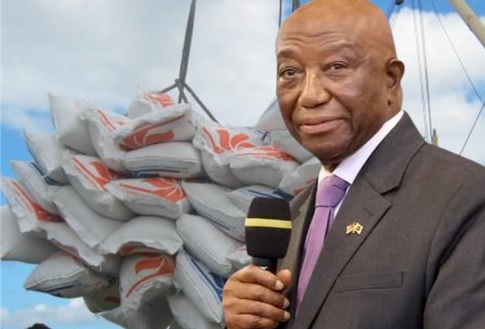Journalists play a crucial role in holding public officials accountable and ensuring transparency in governance. However, when journalists become praise singers for politicians, especially those serving in national offices, it undermines their credibility and the public’s trust in the media. This issue is particularly concerning in Liberia, where corruption allegations against public officials often go unreported or are downplayed.
When journalists fail to critically investigate and report on corruption allegations, they contribute to a culture of impunity among public officials. This lack of accountability erodes public trust in government institutions and hinders efforts to combat corruption effectively. In Liberia, where the media is often the primary source of information for many citizens, the failure to report on corruption can have far-reaching consequences.
It is essential for journalists to maintain their independence and uphold their responsibility to inform the public, especially when it comes to exposing corruption. By doing so, they not only fulfill their duty as watchdogs of society but also help strengthen democracy and promote good governance. Independent journalism is a cornerstone of a healthy democracy, and when journalists shirk their responsibilities, the entire democratic process is compromised.
Moreover, the integrity of journalism is fundamental to its role in society. When journalists align too closely with political figures, they risk becoming mere mouthpieces for those in power. This not only damages their own reputation but also diminishes the overall credibility of the media. A free and independent press is essential for the public to make informed decisions about their leaders and the policies that affect their lives.
In Liberia, the media landscape is diverse, but it is also susceptible to political and financial pressures. Journalists must navigate these challenges while striving to provide unbiased and accurate reporting. This requires a commitment to journalistic ethics and a willingness to resist attempts by politicians to co-opt the media for their own purposes. The independence of the press is crucial for ensuring that public officials are held accountable for their actions.
Furthermore, investigative journalism plays a vital role in uncovering corruption and bringing it to the public’s attention. By thoroughly investigating and reporting on corruption, journalists can help to expose wrongdoing and prompt action from authorities. This not only serves the public interest but also acts as a deterrent to potential corrupt practices by public officials. Investigative journalism can be a powerful tool for promoting transparency and accountability.
The impact of a compromised media is not limited to the immediate context. Over time, the erosion of journalistic standards can lead to a decline in public trust in all forms of media. This can create an environment where misinformation and propaganda flourish, further undermining democratic institutions. In such an environment, the public becomes more susceptible to manipulation by those in power, making it even more difficult to hold them accountable.
To combat these issues, it is important for media organizations to invest in training and support for journalists. Providing journalists with the skills and resources they need to conduct thorough investigations and report accurately on complex issues is essential. Additionally, media organizations should prioritize editorial independence and resist pressures from political actors. By doing so, they can help to ensure that journalists are able to fulfill their role as independent watchdogs.
The role of civil society in supporting independent journalism is also crucial. Non-governmental organizations and advocacy groups can provide valuable support to journalists, including legal assistance, training, and funding for investigative projects. By working together, civil society and the media can create a more robust framework for holding public officials accountable and promoting transparency.
In closing, the role of journalists in holding public officials accountable and ensuring transparency in governance cannot be overstated. When journalists fail to maintain their independence and become praise singers for politicians, they undermine their credibility and the public’s trust in the media. This is particularly concerning in Liberia, where corruption is a significant issue. It is essential for journalists to uphold their responsibility to inform the public and expose corruption, thereby strengthening democracy and promoting good governance. Journalists, media organizations, and civil society must work collectively to ensure that the press remains a strong, independent force for accountability and transparency.







